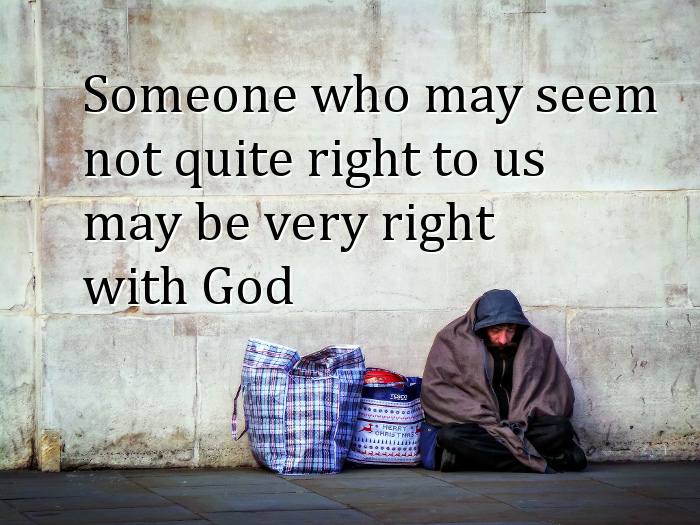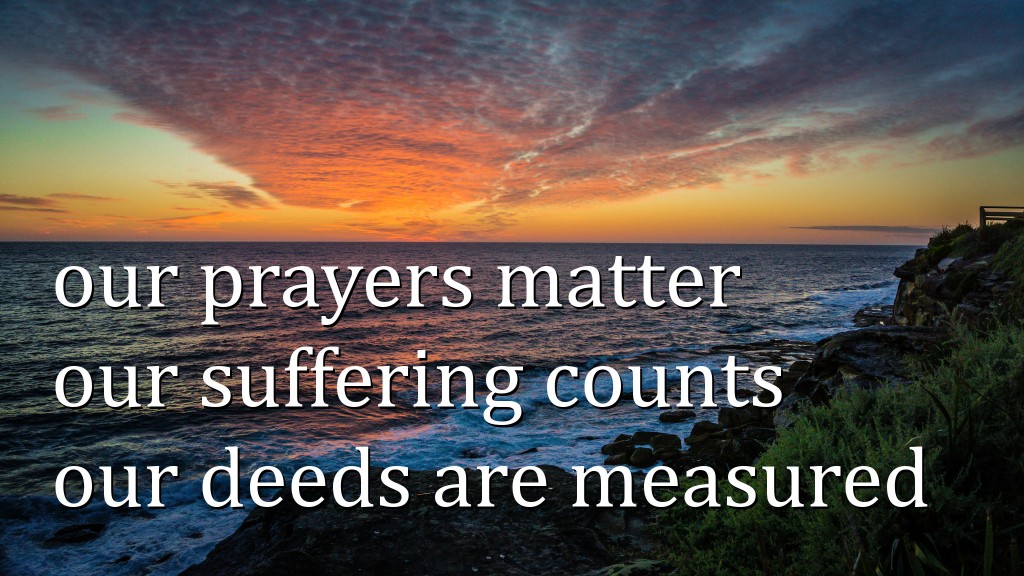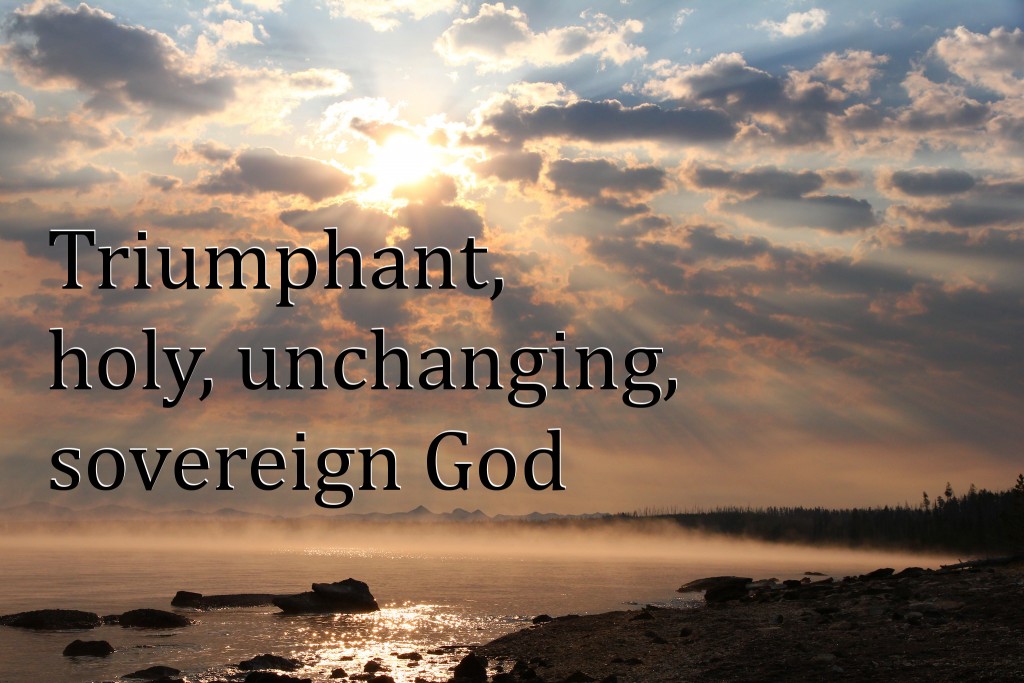
Suppose I’m not loving. Suppose I’m not joyful. Suppose I’m not patient. And so on. What should I do?
Should I straighten up? Should I act more loving, more joyful, more patient?
Sometimes we confuse description with prescription. These qualities describe the result of God’s work in our life; they are not a to-do list for us. This fruit validates the Spirit’s work in our lives. This list helps us test the spirits.
If we find that we are not loving, then we invite the Holy Spirit into that part of our life that does not love. If we lack joy, then we invite the Spirit into that lack. If we are troubled, then this is where we need God.
Fruit is not produced mechanically, by design and execution. Fruit is produced organically, by connection with the vine.
And thank God for that, because my imitations wouldn’t taste very good.
Today’s verse: The passage commonly known as “the fruit of the Spirit” …
How do you know if you’re making room for God’s Spirit? If you are, here’s what grows in your life: love, joy, peace, patience and perseverance, kindness and integrity; you keep your promises; fragile people are safe with you; you don’t lose control. Your life won’t contradict God’s law because you want what God wants. Galatians 5:22-23 The Easy Bible
Remember, you are designed to make a difference!
Dwight
Photo credit: Adapted from a photo by Charles Williams, Flickr, Creative Commons License



 Do you ever feel like quitting?
Do you ever feel like quitting?


















